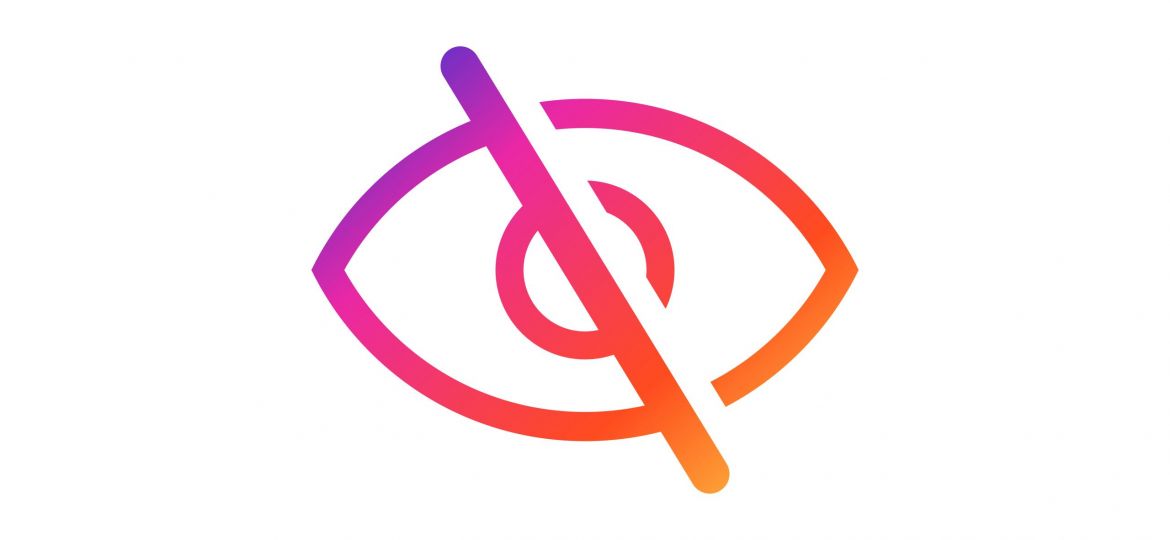
July 2019 marked a milestone for Instagram. After months of speculation, the social networking service hid ‘likes’ on posts across seven countries in an effort to reduce the pressure on users that this metric caused. Social and cultural experts at Join the Dots InSites Consulting set out to understand the response from users.
One month in, analysis of consumer conversations across Canada, New Zealand, Australia and Ireland, revealed that most countries were surprisingly open to the changes. However, the reasons behind this differed from country to country, revealing deep-rooted cultural nuances.
New Zealand: a focus on improved mental health
Recent reports show that New Zealand’s mental health services are struggling to meet the rising demands of ‘the missing middle’, those suffering with anxiety, depression and social isolation. The country has one of the highest rates of suicide in the OECD, especially among young people. Commentators are calling out social media as the primary factor and there is widespread feeling that more needs to be done to tackle the issue of social media amplifying anxieties.
It’s unsurprising then, that the response of users in New Zealand was the most positive. They recognised the need for Instagram to take responsibility for its impact on youth, with some actively thanking the platform for the changes, or asking for more radical change: “Instagram surprised us all by taking some accountability for the impact its platform is having on the mental health of its users.”
Underpinning this too, are New Zealand’s cultural values. More than other nations, their culture prioritises sensitivity, humility and honesty, making them more receptive to changes that promote a compassionate and egalitarian experience online.
Australia: a desire for validation
Australians express similar concerns about social media and mental illness, but already have some services in place. Aussies rank much lower than their Kiwi neighbours on rates of suicide and depression, and it’s worth noting that mental health issues are disproportionately experienced by indigenous populations.
Interestingly, Australian Instagram users were the least in favour of removing likes, with many claiming it fundamentally changed the reason for posting. Many showed distress, asking to be removed from the trial, whilst others highlighted the need for this change: “People are too obsessed with likes to the point they value their self-worth based upon it. Removing them is a great idea, it’s sad so many people are opposed to it.”
Putting this into context, Australia is one of the most individualistic countries in the world – expecting people to look after themselves, valuing self-reliance and rewarding success based on merit. ‘Likes’ are in many ways the ultimate social measure of individual success! It’s therefore unsurprising that some Australians are unhappy with the change, as it prevents them being rewarded for their uniqueness.
Ireland: a focus on business impact
Ireland is a tech economy, ranking 1st for ICT services exports in the 2019 Global Innovation Index. Current financial uncertainty means that the future of Ireland’s businesses is likely top of mind for most.
Irish Instagram users have therefore approached the change from an industry impact point of view, with individuals and businesses mostly speculating about the impact it would have on the market: “As Instagram begins experimenting with hiding likes, anxiety among influencers and the brands that advertise through them is increasing. Will fashion be able to find validation without likes?”
It is also worth noting that Irish people are known for their indirect communication style. They are more likely to imply a perspective, rather than clearly state it, leading them to appear more neutral in their stance than they might really be.
Canada: bring back creativity
The Instagram trial ran from April in Canada, giving the press time to develop a perspective on its impact. Journalists largely focused on the opportunity for more creative and higher quality content, as well as the creation of a more positive environment for users. This is unsurprising given Canada’s culture of tolerance, respectfulness and community-orientation.
As these perspectives became visible on more platforms, Canadian users had time to build on them and develop more nuanced viewpoints…By July, users’ responses were mixed. Many had formed a considered opinion, whilst others were speculating the real motivations behind the change: “The controversial test coincides with the platform’s pivot to ecommerce—and that might not be a coincidence.”
Canada is a diverse nation, with Anglophone and Francophone populations likely to have subtly different perspectives, contributing to the lack of a single perspective on this issue.
Conclusion
Since writing this, Instagram have announced a wider roll out of this trial and Facebook and YouTube may also soon follow suit. What can brands learn from this disruption to the market?
- Being brave with business decisions: Despite fundamental changes to their business model, bravery has paid off and Instagram has reinstated its reputation for innovation.
- Don’t underestimate cultural differences: Whilst your brand may be uniform across all cultures, the meaning it holds may not. Ensure you take this into account and test any changes across a wide range of countries even if you would expect similar results (such as NZ and Australia).
- Be nimble: As Instagram moves away from its original business model, ensure that your own strategy keeps up with brands you rely on, rather than playing catch up.
Click here to read the original publication.
Lily Charnock, Senior Culture & Trends Consultant & Claire Powell, Social Insights Manager

